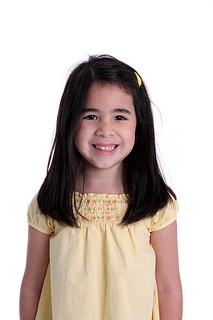Dental Fear in Children: Brought on by parents?
March 31st, 2021

Two studies – one conducted in Washington State, and whose findings were published in the Journal of Pediatric Dentistry in 2004, and another conducted in Madrid, Spain, and whose findings were reported in 2012 in Science Daily, reinforce earlier findings that show a direct relationship between parental dental fear and that of their children.
The Washington study looked at dental fear among 421 children whose ages ranged from 0.8 to 12.8 years. The children were all patients at 21 different private pediatric dental practices in Western Washington State. The Spanish study looked at 183 children between the ages of seven and 12, and their parents in Madrid.
The Washington study used the Dental Sub-scale of the Child Fear Survey Schedule. The survey responses came from either parents, or other parties charged with taking care of the children. The people responsible for each child filled out the survey, which consisted of 15 questions to which answers were given based on the child’s level of fear. The scale used was one to five, with one meaning the child wasn’t afraid at all, and five indicating the child was terrified. The maximum possible points (based on the greatest fear) was 75.
Spanish researchers found that like past studies, there is a direct connection between parental dental fear levels and those of their kids. The most important new discovery from the study conducted in Madrid, was that the more anxiety and fear a father has of going to the dentist, the higher the fear levels among the other family members.
Parents, but especially fathers, who suffer from fear of going to the dentist and fear of dental procedures in general pass those fears on to every member of the family. While parents may not feel like they have control over those fears, the best way to help your child understand the importance of going to the dentist is by not expressing your fears in front of them – or around the rest of the family.
Drs. Don and Mindy and our team understand that some patients are more fearful than others when it comes to visitingour Charleston office. We work hard to make our practice as comfortable for our patients, both children and adults.


